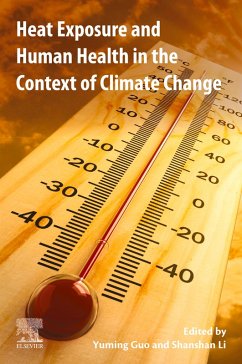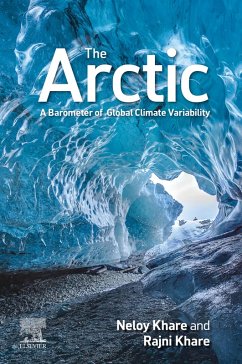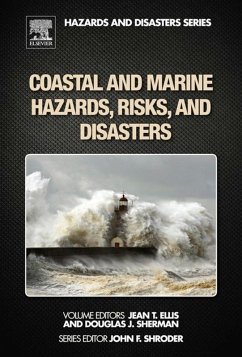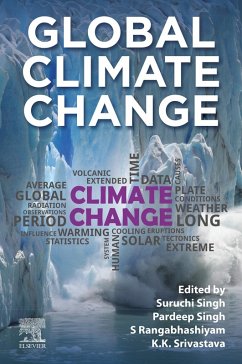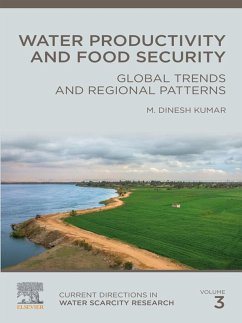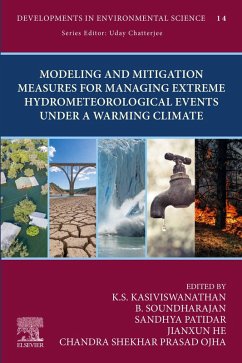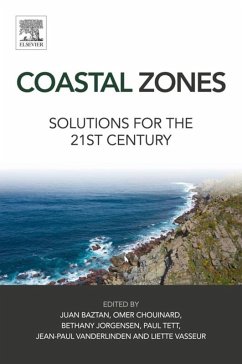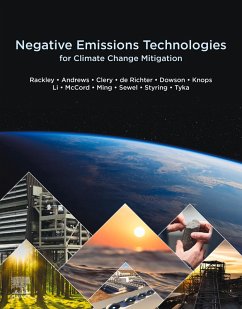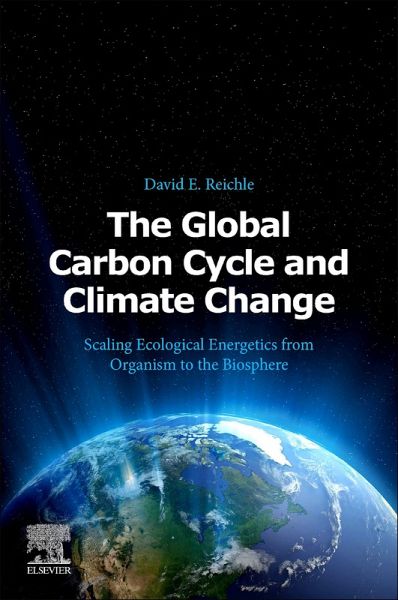
The Global Carbon Cycle and Climate Change (eBook, ePUB)
Scaling Ecological Energetics from Organism to the Biosphere
Versandkostenfrei!
Sofort per Download lieferbar
89,95 €
inkl. MwSt.
Weitere Ausgaben:

PAYBACK Punkte
45 °P sammeln!
The Global Carbon Cycle and Climate Change examines the global carbon cycle and the energy balance of the biosphere, following carbon and energy through increasingly complex levels of metabolism from cells to ecosystems. Utilizing scientific explanations, analyses of ecosystem functions, extensive references, and cutting-edge examples of energy flow in ecosystems, it is an essential resource to aid in understanding the scientific basis of the role played by ecological systems in climate change. This book addresses the need to understand the global carbon cycle and the interrelationships among ...
The Global Carbon Cycle and Climate Change examines the global carbon cycle and the energy balance of the biosphere, following carbon and energy through increasingly complex levels of metabolism from cells to ecosystems. Utilizing scientific explanations, analyses of ecosystem functions, extensive references, and cutting-edge examples of energy flow in ecosystems, it is an essential resource to aid in understanding the scientific basis of the role played by ecological systems in climate change. This book addresses the need to understand the global carbon cycle and the interrelationships among the disciplines of biology, chemistry, and physics in a holistic perspective. The Global Carbon Cycle and Climate Change is a compendium of easily accessible, technical information that provides a clear understanding of energy flow, ecosystem dynamics, the biosphere, and climate change. "Dr. Reichle brings over four decades of research on the structure and function of forest ecosystems to bear on the existential issue of our time, climate change. Using a comprehensive review of carbon biogeochemistry as scaled from the physiology of organisms to landscape processes, his analysis provides an integrated discussion of how diverse processes at varying time and spatial scales function. The work speaks to several audiences. Too often students study their courses in a vacuum without necessarily understanding the relationships that transcend from the cellular process, to organism, to biosphere levels and exist in a dynamic atmosphere with its own processes, and spatial dimensions. This book provides the template whereupon students can be guided to see how the pieces fit together. The book is self-contained but lends itself to be amplified upon by a student or professor. The same intellectual quest would also apply for the lay reader who seeks a broad understanding." --W.F. Harris - Provides clear explanations, examples, and data for understanding fossil fuel emissions affecting atmospheric CO2 levels and climate change, and the role played by ecosystems in the global cycle of energy and carbon - Presents a comprehensive, factually based synthesis of the global cycle of carbon in the biosphere and the underlying scientific bases - Includes clear illustrations of environmental processes
Dieser Download kann aus rechtlichen Gründen nur mit Rechnungsadresse in A, B, BG, CY, CZ, D, DK, EW, E, FIN, F, GR, HR, H, IRL, I, LT, L, LR, M, NL, PL, P, R, S, SLO, SK ausgeliefert werden.




